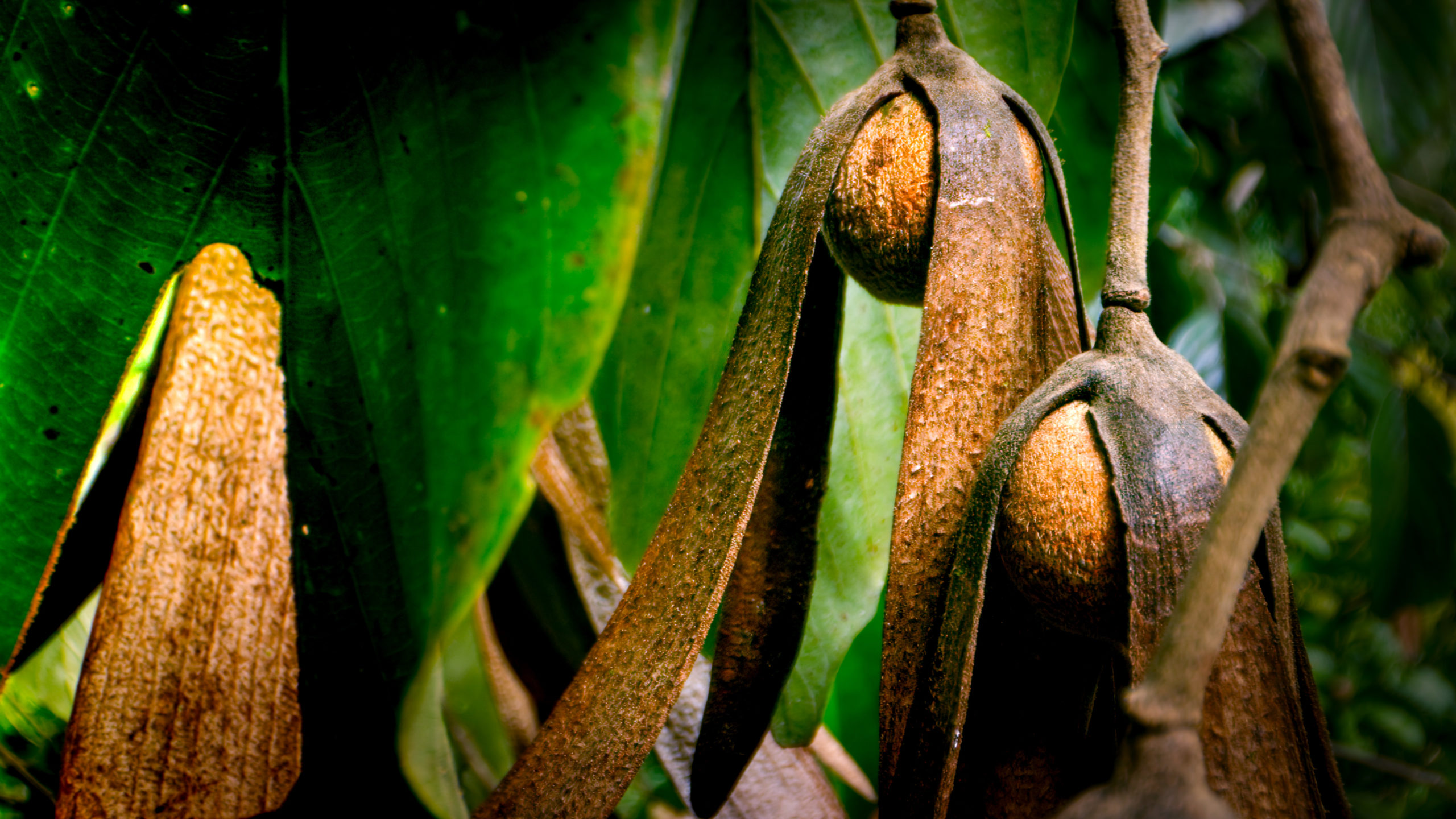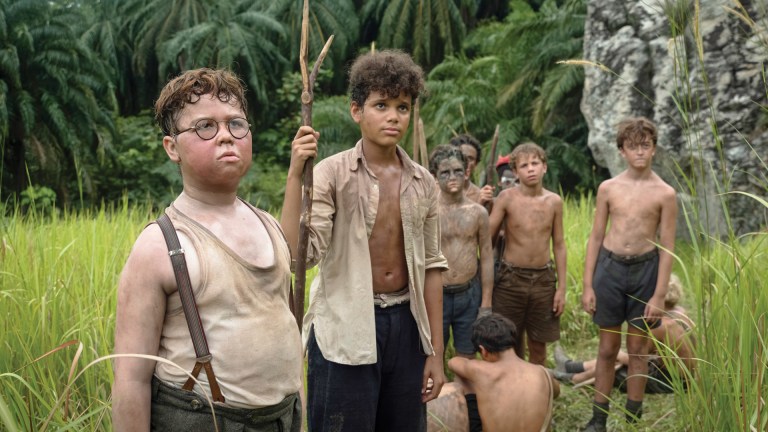Who runs the world? Plants. That is a key message from The Green Planet, the latest landmark series fronted by Sir David Attenborough for the BBC which starts on January 9.
But there is a deeper message. One that has been ringing louder and louder through the BBC Natural History Unit’s output over recent years: we have to help our benevolent veggie overlords save the world for us before it is too late.
This is the perfect series to start 2022. A year when we all have to do better – starting with the world’s governments who can, after all, make the biggest impact in fighting the climate crisis.
The Green Planet is a series of great drama. A series that shows nature has the greatest writers’ room of them all. Forget Breaking Bad and the Sopranos, the best scripts are produced by the natural world. They are full of triumphant underdogs, unlikely partnerships, and networks of secret underworld connections so complex that even The Wire’s Lester Freamon would be flummoxed.
Take ‘Tropical World’, the opening episode produced by Paul Williams. We watch agog as trees in the Costa Rican rainforest do battle with unseen giant fungi foe, well out of reach of their branches or roots, hidden deep beneath the forest floor. Leafcutter ants are the pawns here in a much bigger game. And it is astonishing to witness.
Each combatant uses defence systems honed over centuries, sending messages via chemical changes carried by millions of unwitting worker ants. The tree and fungi’s back-and-forth slugfest is more reminiscent of Rocky and Ivan Drago in Rocky IV than anything on Gardener’s World.









